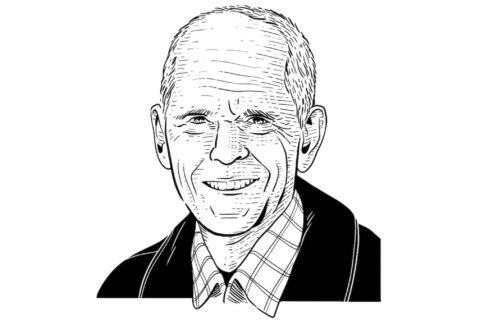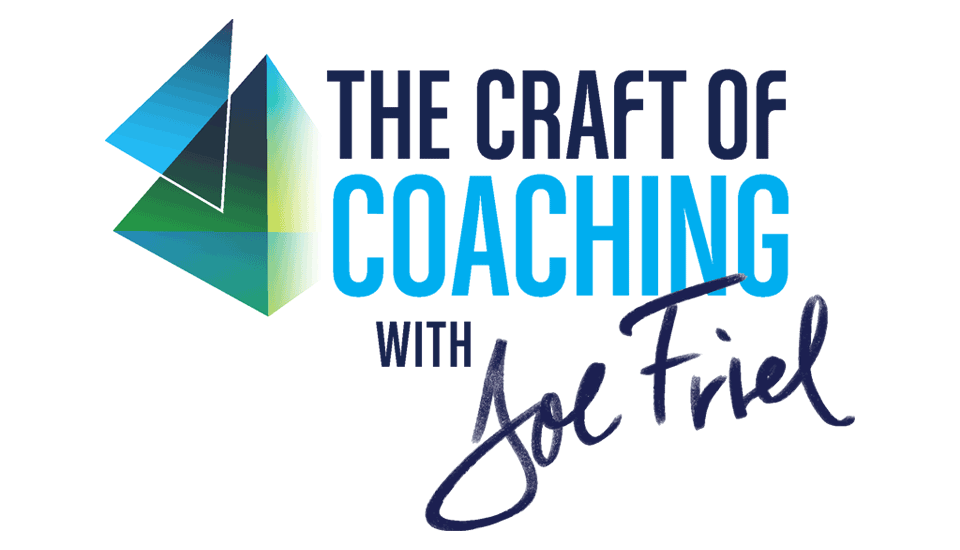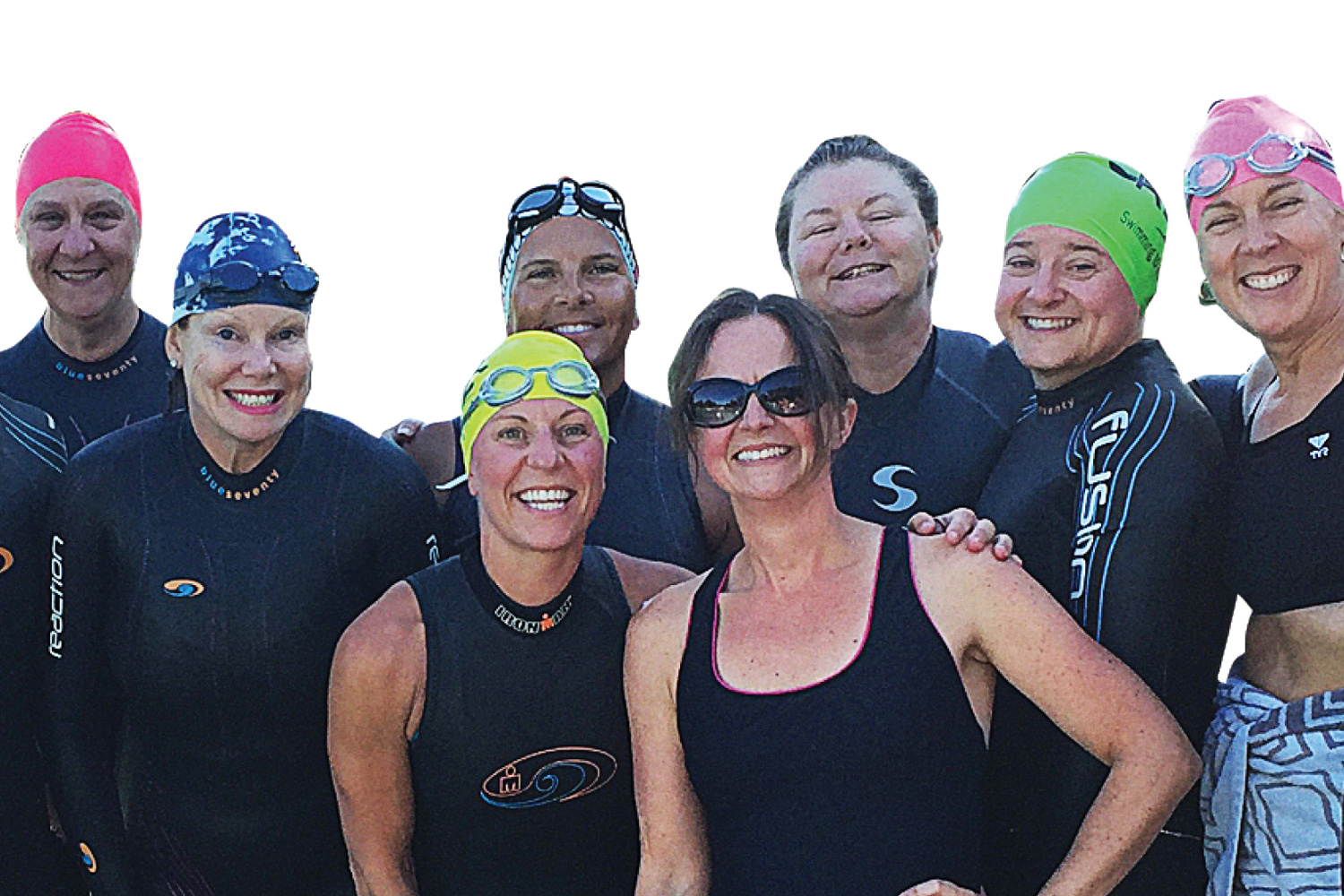Every athlete is a study of one, presenting different limitations and strengths. The best coaches are able to identify these differences and adapt their style and strategy to meet the unique needs of every athlete.
Before you can build a training program for an athlete, you need to get to know the athlete. It’s a process that extends well past an individual’s athletic background to include lifestyle, mindset, and even personality. Your coaching method can remain the same, but how you apply it will vary from one athlete to the next.
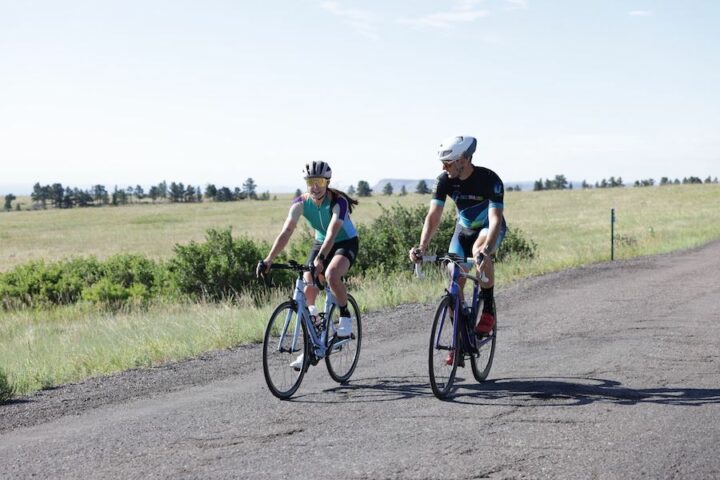
What Drives or Limits Performance?
It’s not uncommon for an athlete to have a goal that doesn’t line up with how they are currently training. Coach Dave Schell finds out what motivates an athlete before he maps out a training program, and then leans into that motivation throughout the season.

The Athlete-Centric Training Plan
Some coaches make a name for themselves by helping a certain type of athlete achieve a breakthrough performance. In reality, the coaches that win referrals tend to be versatile enough to work with most any personality. In the video below, Coach Dave Schell talks about how these differences factor into coach-athlete communication.
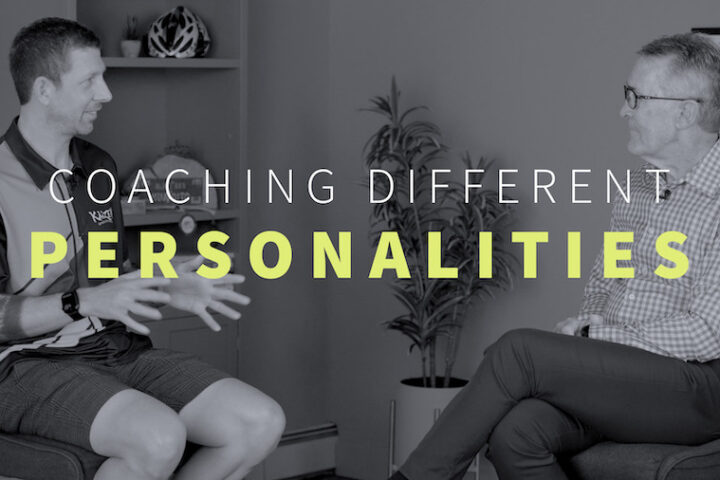
Coaching Different Personalities
Iconic running coach Jack Daniels describes four types of athletes that coaches encounter in terms of inherent ability and intrinsic motivation. Talent and grit are celebrated among coaches and athletes alike, but what is the role of the coach in amplifying these traits? In the article that follows, Joe Friel takes a closer look at each type, and shares some experiences from his own coaching career.
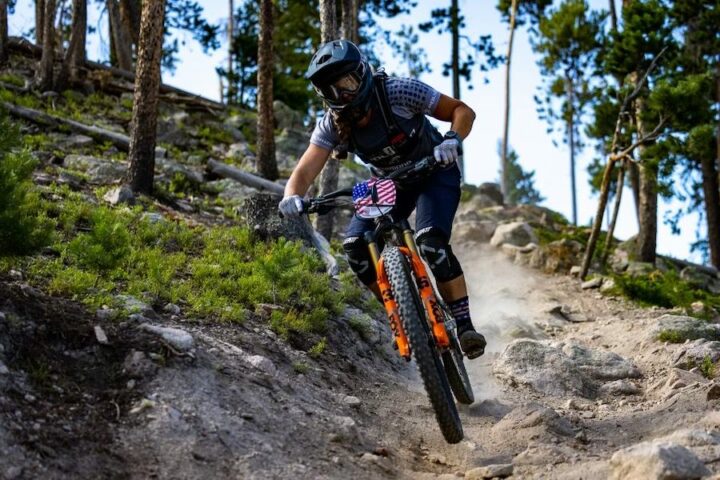
Which Goes Further—Talent or Motivation—and What Does This Mean for Your Coaching Style?
Meet three master coaches who have proven their versatility. Some of the athletes they have taken on lack ability, others struggle with motivation, and some are facing health issues that would prevent them from engaging in sport on any level. Under the guidance of a good coach, these athletes have joined the ranks of the sport. In the articles that follow, they describe their respective coaching journeys and some of the opportunities that might grow your coaching business or inspire you to something new.
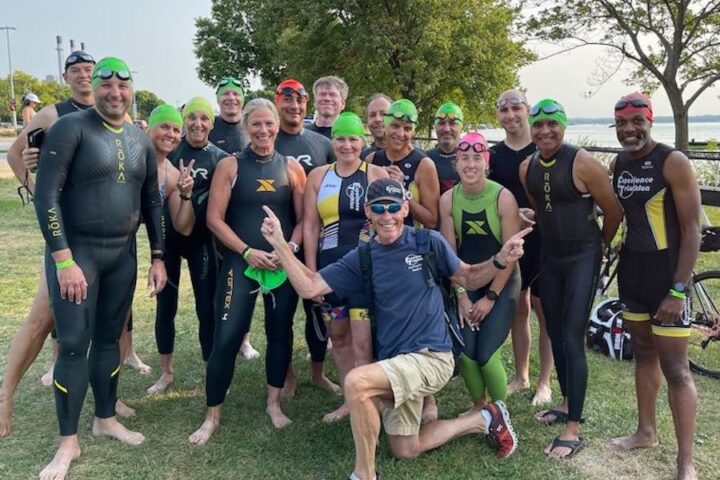
Athlete Ability Doesn’t Change the Coaching Process
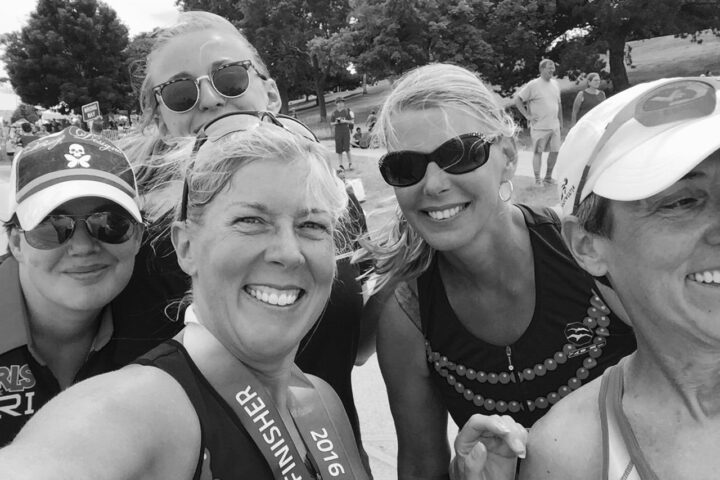
How to Build a Beginner-Friendly Coaching Business
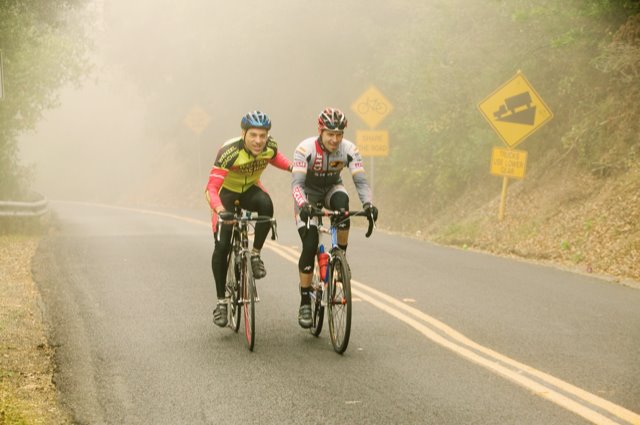
The Unexpected (But Highly Satisfying) Evolution of a Coaching Career
Knowing how to get the most from an athlete extends far beyond the physical, regardless of the size of their goal. Understanding how they apply themselves mentally—and how you can best help them with that—is an important part of the coach’s role. In the video below, Coach Julie Young gives her insights on how she does this with her athletes.
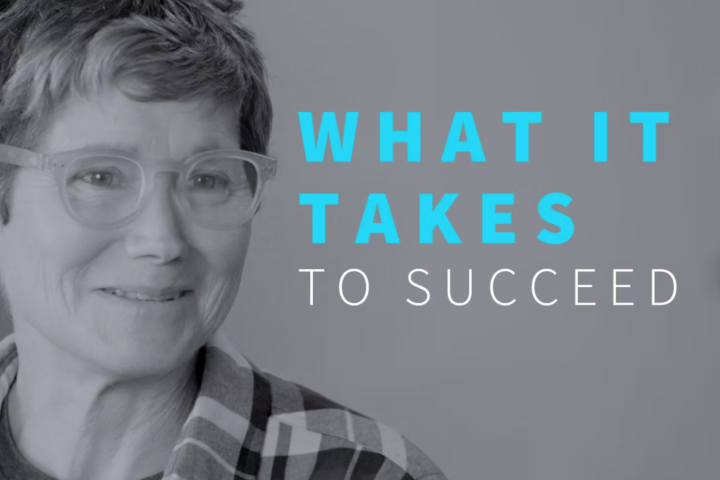
What It Takes to Succeed
Young credits her background in science as “connecting the dots” between her experience as a pro athlete and her role as a coach. She continues to oversee testing with athletes in Kaiser Permanente’s Endurance Lab. While not all athletes invest in testing, she points to some valuable lessons the lab has to offer both athletes and coaches in the video that follows.
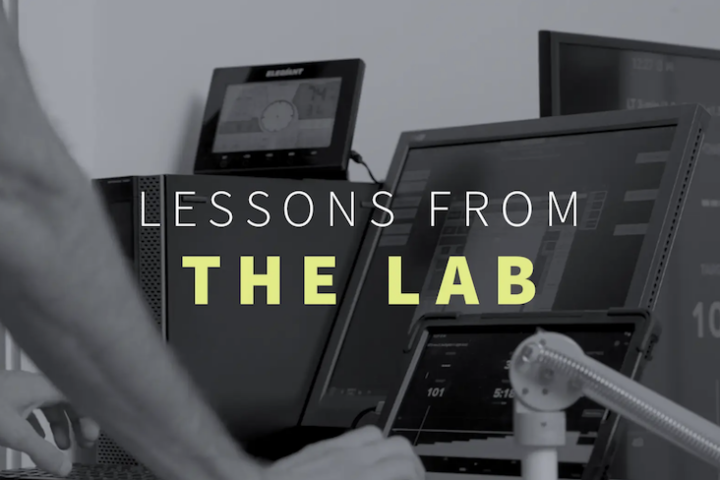
Lessons from the Lab
Every year brings clients looking for a coach to help them prepare for a bucket-list event, and once the event is behind them, they move on. The coach’s retention problem is the athlete’s performance problem. It’s just not possible to build the foundation that supports an individual athlete’s true potential without the steady gains and consistency of year-round training. In the video that follows, Young talks with Joe Friel about how she educates her athletes about the advantages of a process-driven training program.
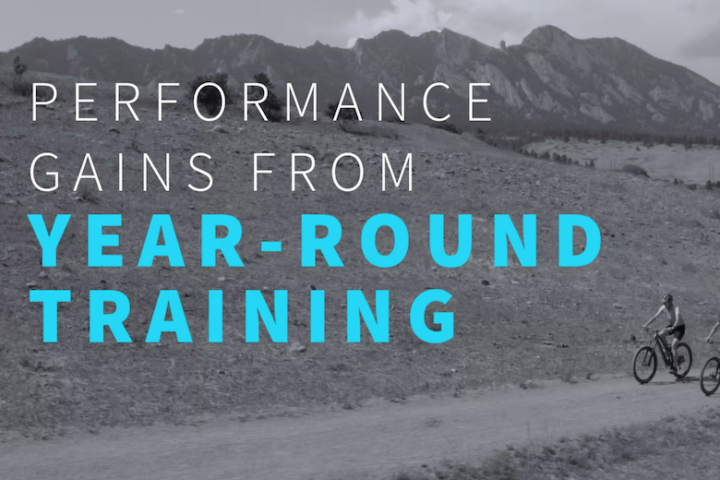
Performance Gains from Year-Round Training
Year-round training is certainly an approach that iconic running coach Jack Daniels has always advocated for. In the in-depth profile below, Joe Friel highlights Daniels’ process-driven approach, as well as his early life and influencers, much of which helped shape him to become such a widely respected coach and physiologist.
